Our Management Team
BIM has five business units, each led by a Director, who reports to the Chief Executive Officer.
BIM has five business units, each led by a Director, who reports to the Chief Executive Officer.
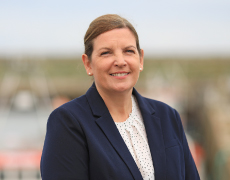
Caroline oversees the development of the Irish seafood sector, valued at €1.3 billion in 2022, by building on its natural advantages, commitment to sustainable fishing and the development of a high quality aquaculture and seafood processing sector and leads a team of some 140 in six main coastal locations in Ireland.
She has extensive managerial and change leadership experience, with an emphasis on diversity, equality and inclusion. She previously held the roles of Chief Financial Officer in GOAL and Director of Corporate Service in the Marine Institute.
A native of Co Louth, Caroline is a chartered accountant and has a degree in Business and Languages from Technological University Dublin.
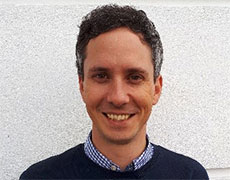
Rory comes from Lossiemouth, a fishing town on the North East coast of Scotland where his family have been steeped in the Scottish seafood Industry for several generations.
Rory has been involved in the fishing and aquaculture industry in Scotland for over 20 years; he worked for Fisheries Research Service based in Aberdeen with the Inshore Fisheries Department, before joining the Scottish Fishermen’s Federation where he was an Industry expert on scientific and environmental policy, formation and delivery of policy on issues relating to fisheries, fisheries science, technical fisheries measures, marine renewables, marine legislation, and marine protected areas.
More recently he was technical manager for Mowi, based in Fort William, Scotland, where his remit included Organic salmon production and managing the product quality, certification, quality systems and laboratory departments. Rory holds an honours degree in Aquaculture from the SAC/University of Aberdeen and an MBA in Sustainable Innovation in Global Seafood from the Norwegian School of Economics.
Role of the unit
The STS business unit is made up of five sections, Fisheries Conservation, Aquaculture, Sustainability & Certification, Regional Development North and Regional Development South. The teams are primarily based regionally and cover the entirety of Ireland’s coastline. The work of the five STS teams is as varied and diverse as the Irish Seafood itself, covering everything from small scale fisheries, finfish, shellfish and seaweed aquaculture, selective fishing gears, environment, plastic reduction, processing efficiency and everything in between.
Ultimately the role of the Seafood Technical Services (STS) business unit is to develop and facilitate the Irish Seafood sector to be sustainable, profitable and efficient in a way that meets the needs of the industry, rural communities, markets and stakeholders. STS does this by; Providing technical support, knowledge and advocacy to all aspects of the Irish seafood industry. Helping industry make best use of available resources. Assisting industry in meeting environmental challenges including transitioning and adapting to the realities of climate change. Providing grant aid to the Irish seafood industry and rural communities that effectively addresses the challenges they face. Promoting and building societal support for the Irish seafood Industry and BIM. And representing BIM in our client communities and being the first point of call for any issues affecting the Irish Seafood Industry.
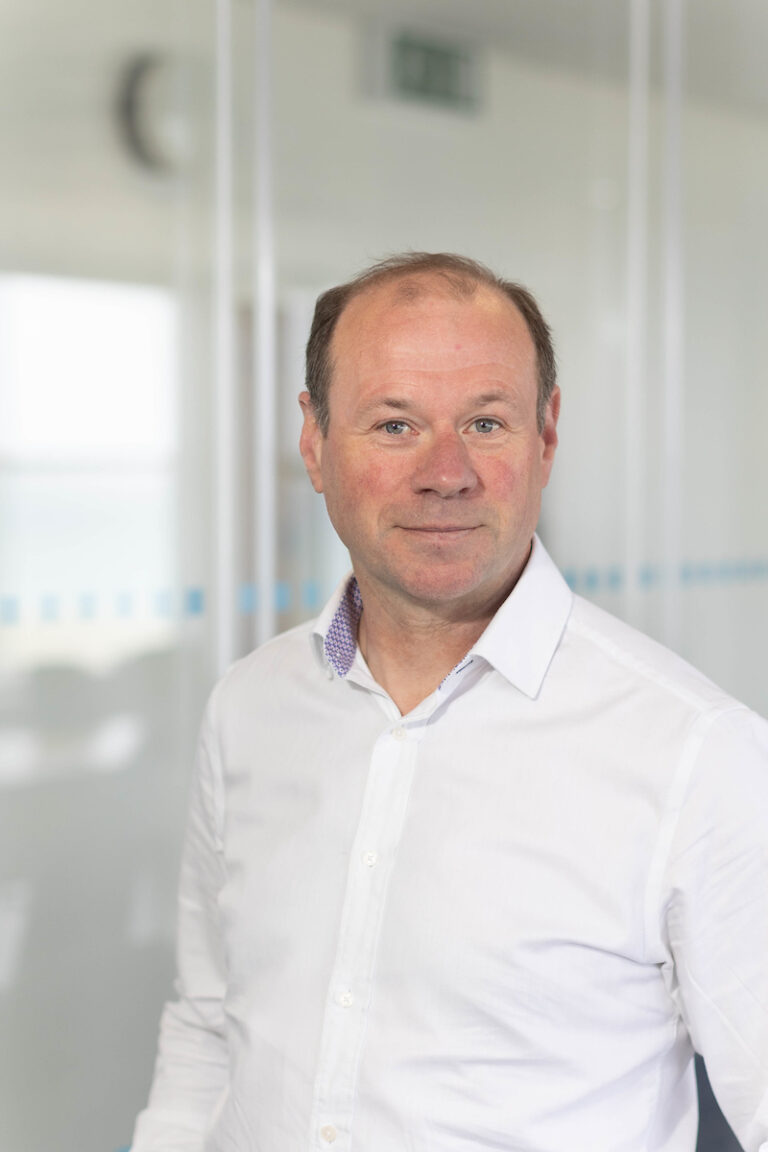
Richard has over 30 years’ experience in the seafood industry with a diverse range of roles ranging from working as a Marine Biologist with Mowi Ireland to General Manager of the Seafood Division at Abbeyfield Foods.
He began his career in a role to commercially develop Ireland’s eel fisheries for the Electricity Supply Board to promote angling tourism with Inland Fisheries Ireland.
Following on from this, the sales and marketing of seafood became his real passion. Working in Belgium as Sales and Marketing Manager with Pan-European Fish Auctions (PEFA) gave him a taste of the international seafood market with responsibility for sales in Europe, Asia and South America. This led to a role in the former Marketing Division of BIM where Richard worked with numerous Irish seafood companies on market research in Europe, USA and Asia. Following this he was recruited to the position of General Manager at Abbeyfield Foods where he was involved with the sale of seafood products throughout the Middle East and North Africa before returning to BIM, where he held the role of Salmon and Shellfish Manager prior to his appointment as Development and Innovation Director.
Richard holds a Master’s Degree in Science from Trinity College Dublin.
Role of the unit
The aim of the Development and Innovation Services unit is to enable Irish Seafood to become a smart, green seafood sector generating prosperity and employment in Ireland. We work to achieve this through an integrated approach to business development including market-led innovation and new product development in BIM’s Seafood Innovation Hub. We also assist companies to build scale through investment and route to market collaboration. Our diverse team is committed to supporting the growth of the Irish seafood sector in the home and export markets.
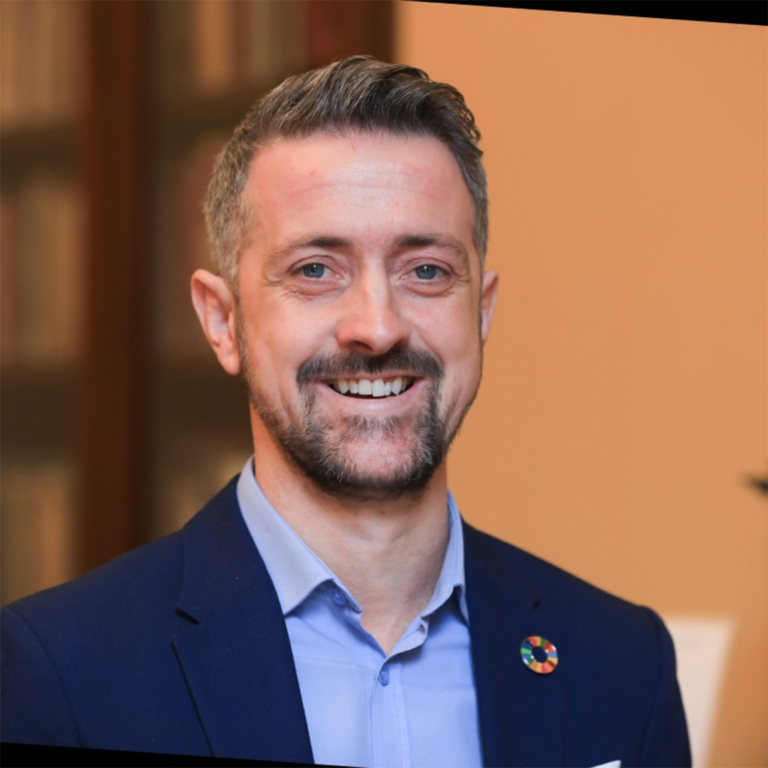
Emmet Jackson has over 20 years’ experience in fisheries science and seafood economics leading numerous high-value strategic projects and policy initiatives. He holds a degree in Zoology, along with multiple postgraduate qualifications in environmental impact assessment, statistics, wildlife conservation, and a Ph.D. from Cardiff University. He has worked in BIM in multiple roles including deepwater trials, technical conservation measures, data collection, and economic. He has chaired the EU Regional Co-ordination Group on Economics (RCG Econ, formerly PGECON), and is currently co-chair of the STECF working group on Annual Report evaluation and is a member of the ICES working group on social indicators (WGSOCIAL).
Role of the unit
The Economic and Strategic Services Unit is responsible for global seafood economic data collection, assessment, and analysis to provide valuable commercial guidance to the Irish Seafood Industry, as it faces evolving trends and challenges. The ESSU supports BIM in the creation of strategies for industry development based on robust analysis of data, information and global trends to address challenges and identify opportunities as well as building BIM’s capability in the use of data to deliver insights that inform decision-making at an organisational level.
The Unit also provides technical support and insights to Department of Food Agriculture and Marine (DAFM), the Irish seafood industry, the Marine Institute and the Sea Fisheries Protection Agency (SFPA) on fisheries policy areas such as fishing opportunities, technical measures, the landing obligation, multi-annual plans and fleet policy as well as on the impacts of Covid-19 and Brexit on the seafood sector.
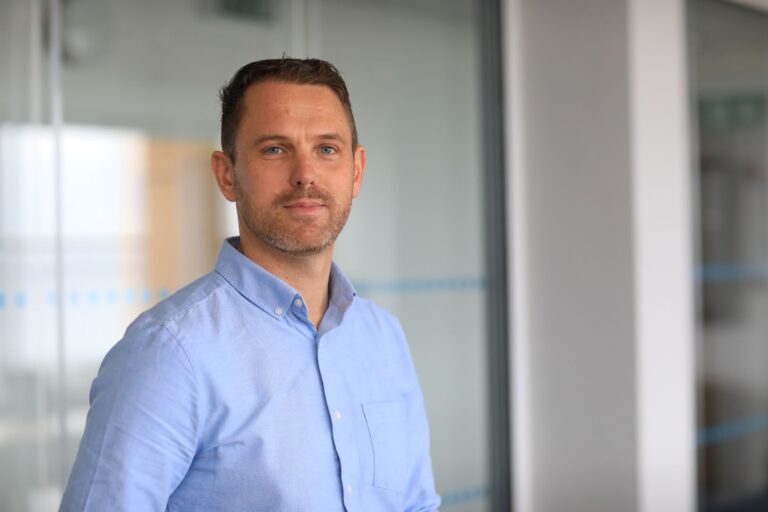
Ian originally has a background in Foodservice and hospitality, and has worked in BIM since 2005. During this time he has held a number of roles, building a diverse range of skills and industry experience, including Business Development Manager and UK Market Advisor. Through these roles, Ian has supported a wide range of seafood clients, to grow their businesses and professional skills.
Role of the unit
The Skills Development Services Unit aims to enhance the attractiveness and viability of careers in the sector, by creating recognised, accredited pathways for lifelong learning and career progression, and is a multi-site centre delivering training to a wide range of clients around Ireland, through a diverse range of location and programmes. The unit is approved by Quality and Qualifications Ireland (QQI) for delivery of training programmes leading to awards on the National Framework of Qualifications (NFQ). It is also approved by the Department of Transport for delivery of maritime training and education.
Both of BIM’s National Fisheries Colleges of Ireland, are certified to the Quality management systems ISO 9001:2015. BIMs Skills services support the long-term viability of the sector by attracting and retaining a highly-trained and educated workforce, to grow professional and profitable seafood businesses.

Fergal has over 15 years’ experience in finance and corporate governance roles and was Head of Finance in BIM from January 2018 to May 2023.
He previously held roles in the public and private sectors, including the Office of the Comptroller & Auditor General, as well as leading the finance teams in the Mental Health Commission and in Middletown Centre for Autism, a North-South body.
A native of Co. Tyrone, Fergal is a fellow of the Association of Chartered Certified Accountants and a member of the Institute of Internal Auditors. Fergal holds an honours Degree in Accounting and Finance from Dundalk Institute of Technology.